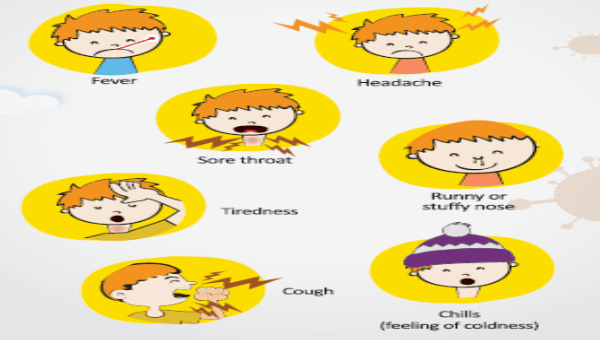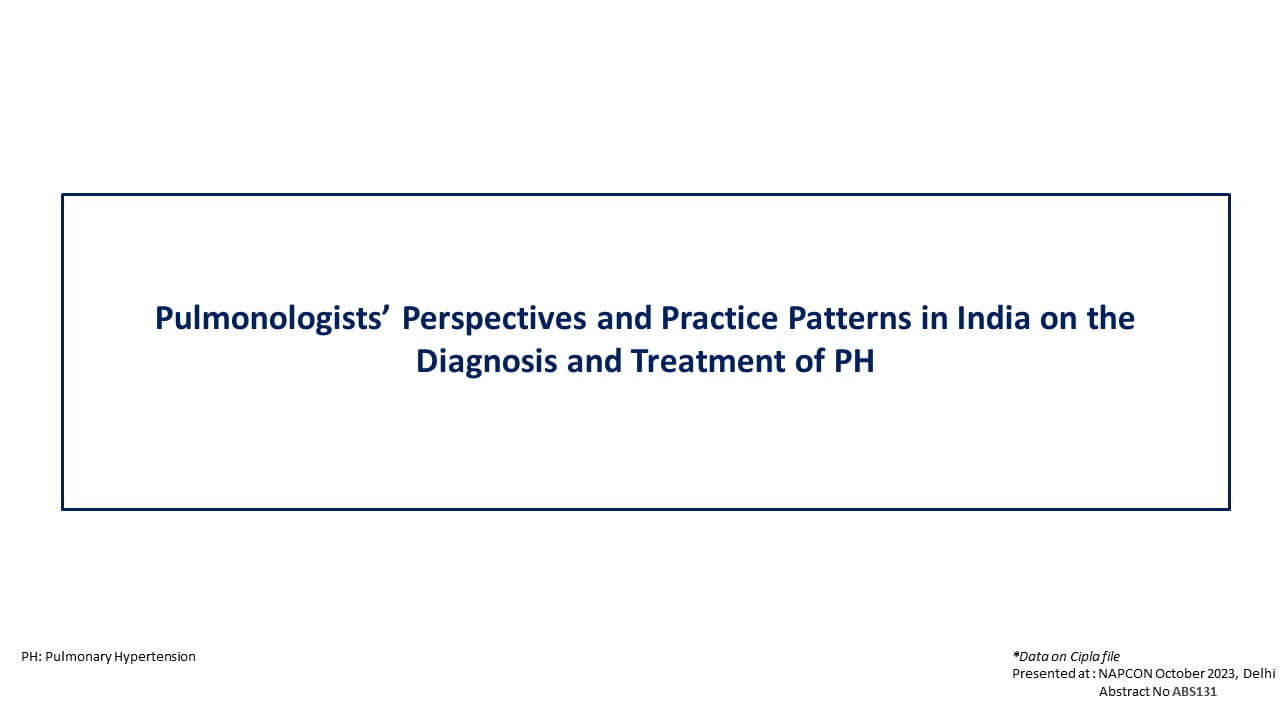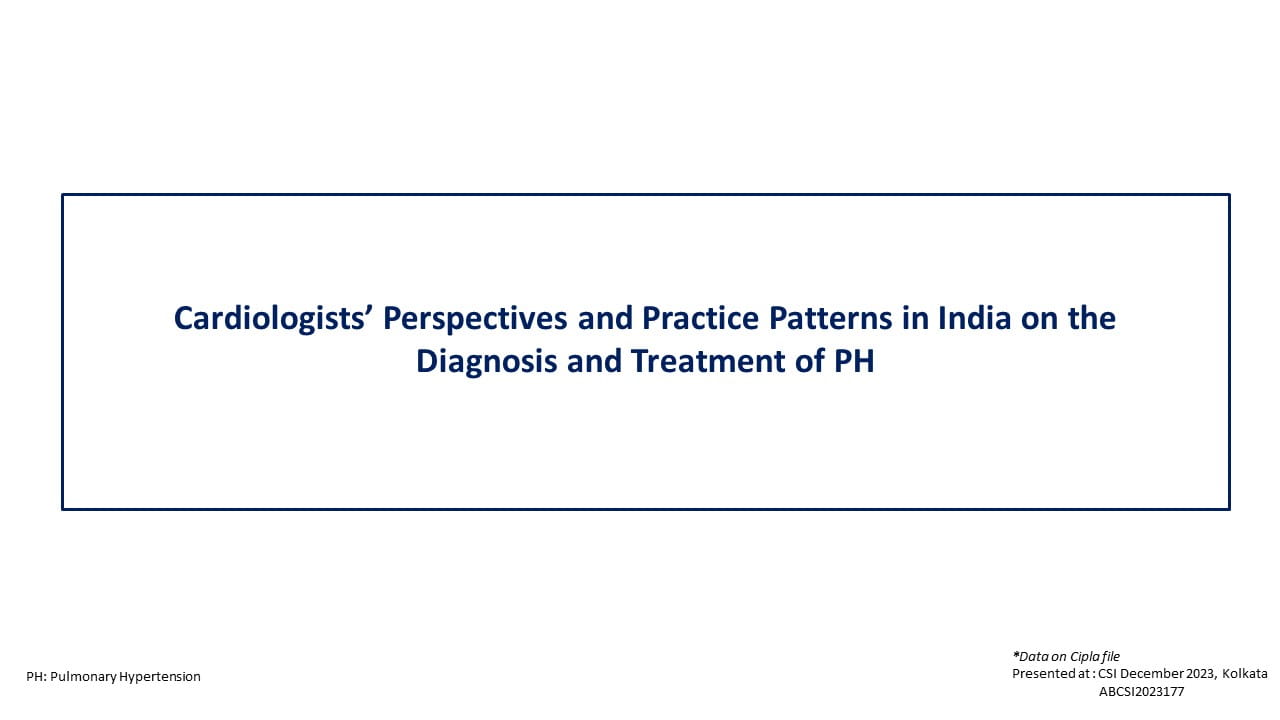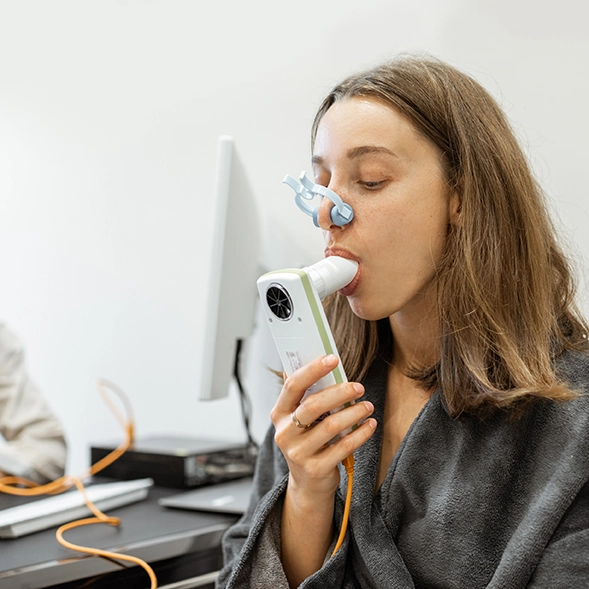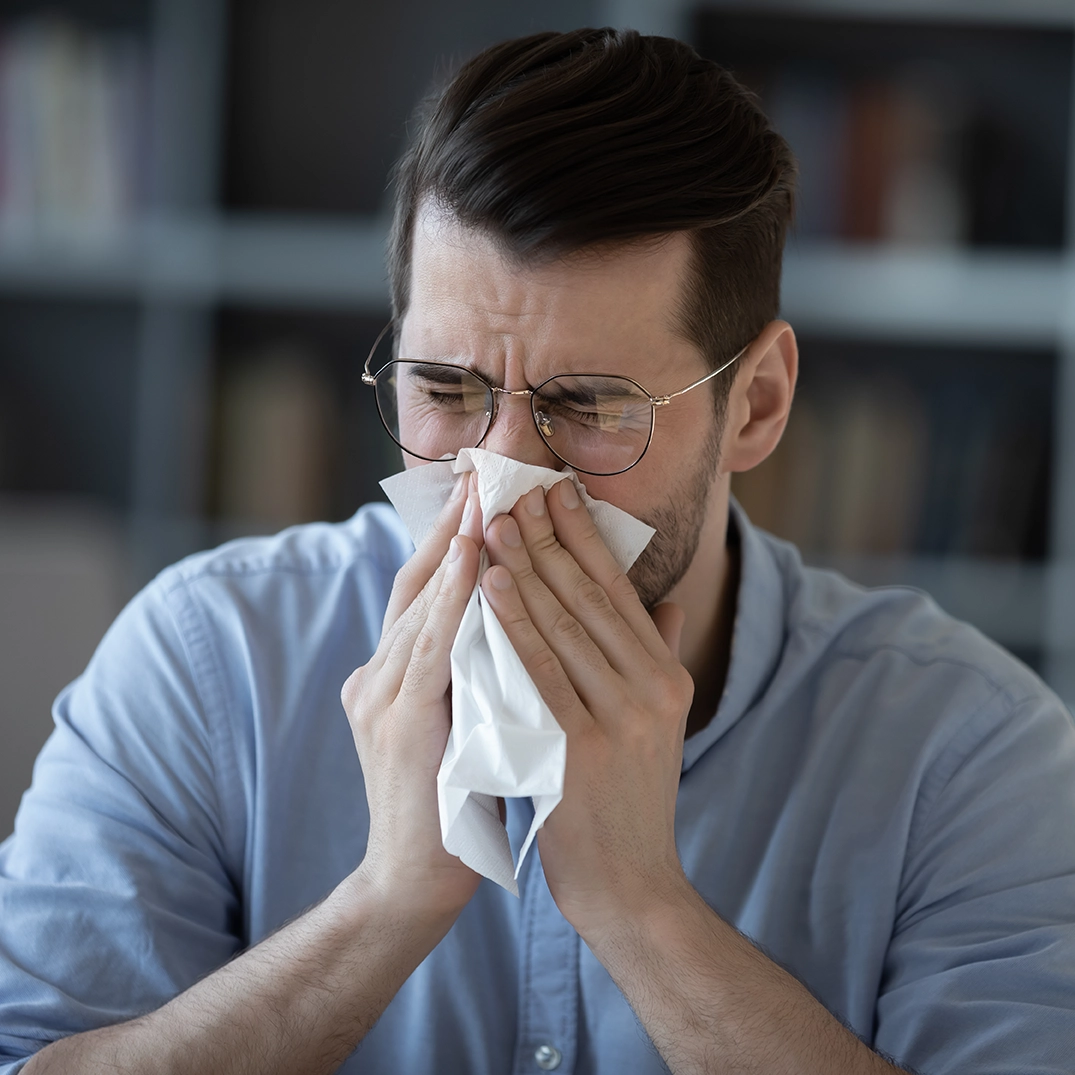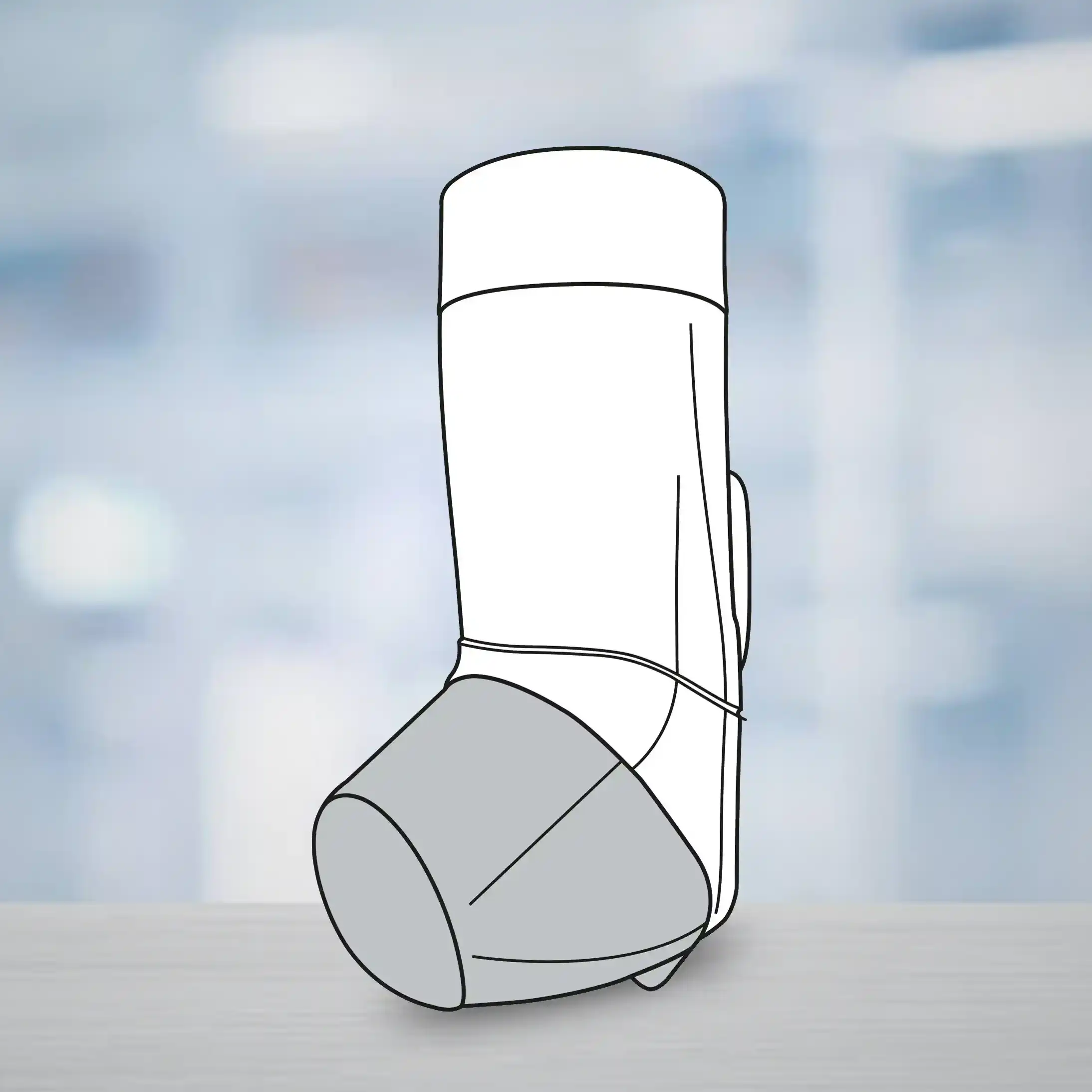Know about Influenza to Protect Your Child from It
20 Dec, 16
What is influenza?
- Influenza, also known as "Flu," is a highly contagious (spreads from one person to another) viral infection of the respiratory tract; affecting one’s nose, throat and lungs.
- It causes mild to severe illness in individuals of all age groups; however, children are at higher risk.
Why is influenza dangerous for children?
- Influenza is more dangerous than common cold in children, especially those < 5 years.
- Every year, many children get sick due to seasonal influenza, requiring medical care.
- Complications include pneumonia (infection of lung), dehydration, sinus (hollow cavities in the facial bones) problems and ear infections. In rare cases, flu complications can lead to death.
- Children with chronic health problems like asthma, diabetes and brain disorders are at high risk of developing serious flu complications.
How does influenza spread?
- Influenza viruses spread mainly via droplets (secretions from the nose, throat, or lungs) when people with flu cough, sneeze or talk, thereby spreading it to those who are nearby.
- A person might also get influenza by touching some surface or object that is contaminated with flu viruses and then touching their own mouth, eyes or nose.
What are the symptoms of influenza?
- Flu is often confused with the common cold, but flu symptoms are usually more severe compared to cold.
- Symptoms, which usually begin in around 2 days of exposure to virus include:
Other symptoms include:
- Muscular pain
- Dizziness (imbalance or feeling as if everything is turning around)
- Loss of appetite (loss of desire to eat)
- Sometimes nausea/vomiting or diarrhea
- Weakness
- Ear pain
How long can a sick person / child spread influenza to others?
- People with flu might infect others by transmitting viruses from a day before falling sick up to 5 to 7 days later.
- However, children and people with weak immune system can transmit flu viruses longer, and might still remain contagious past 5 to 7 days from recovery, especially if symptoms still persist.
How can you protect your child against influenza?
- An influenza vaccine is the best way to protect against flu.
- If your child is 6 months or older, they should get a flu vaccine each year.
- Pregnant mothers should be vaccinated to protect the new born up to 6 months of age.
- Caregiver to a young child and other household members should also get a flu vaccine. Hence, they are less likely to get the flu and spread it to the child.
Is it necessary to vaccinate your child every year?
- Yes. One should be vaccinated every year (season) for best protection against influenza.
- One who gets the vaccine for a particular year, doesn’t get protection from the flu viruses in the subsequent years because the flu viruses constantly change and the protection also wears off. That's why the vaccine content is changed every year to include the most currently circulating viruses.
- Flu vaccines are made to protect against three flu viruses – influenza A (H1N1), influenza A (H3N2), and influenza B virus.
What kinds of influenza vaccines are available for children?
- Two kinds of vaccines are available for children – Inactivated Influenza Vaccine (IIV) and Live Attenuated Influenza Vaccine (LAIV).
- IIV contains killed flu viruses which is given as an injection (flu shot) and is recommended above 6 months of age.
- LAIV contains weakened live flu viruses which is given as nasal spray and can be given from 2 years onwards.
- Two doses of IIV would be required in previously unvaccinated children who are below 9 years of age and a single dose for school children above 9 years of age, while a single dose of LAIV would be more than enough to protect your child throughout the influenza season.
Which vaccine is better for your child?
- You can choose to vaccinate your child with either one of them.
- However, recent research suggests that the nasal spray flu vaccine may work better than the injection in younger children, as it has shown to prevent around 50% more flu cases.
- In addition, nasal spray vaccine is needle-free and a pain-free alternative to injection.
When is the best time to vaccinate your child?
- Children should be vaccinated every flu season for the best protection against flu.
- Following vaccine administration, it takes about 2 weeks for the body to develop protection against the flu. Getting the vaccine before the flu season gives the body a chance to build up protection against the viruses.
- For children who will need two doses of flu vaccine, the first dose should be given as early in the season as possible (Early week of May) and next dose after a period of 4 weeks.
- For other children, it is a good practice to get them vaccinated soon after flu vaccine becomes available, ideally by end of May or beginning of June (i.e., just before the rainy season starts).
- However, getting vaccinated even later can be protective, as long as flu viruses are circulating.
- If you are traveling outside the country, one should check with their pediatrician because the flu season may be different in other countries.
- If you are traveling to a place with flu activity, make sure your child is vaccinated at least 2 weeks before travel.
What are the special situations where discussion with the pediatrician would be required?
- Although flu vaccine is recommended for everyone aged 6 months and older, it is important for those at higher risk of health problems from the flu to get vaccinated. They include:
- All kids 6 months till 5 years of age
- Any child aged between 6 months and 18 years:
- Who has chronic health problems like asthma, disorders of the brain, epilepsy (seizure disorders), intellectual disability (mental retardation), moderate to severe developmental delay, chronic lung disease, heart disease, sickle cell disease, diabetes mellitus, kidney and liver disorders, etc.
- Who has weak immune system due to disease (eg., AIDS, cancer) or medication (eg., steroids)
- Who takes aspirin regularly
- All those people caring for children younger than 5 years of age, especially those younger than 6 months, and those with high-risk conditions
- Another way to protect babies is to vaccinate pregnant women because this gives some protection to the baby, while the woman is pregnant and for a few months after the baby is born.
What are other steps that can be taken to prevent influenza?
- There's no guaranteed way (including vaccination) to have 100% protection from the flu. But following steps might also help to prevent influenza:
- Close contact of your child with sick people should be avoided.
- Limit contact of your child, if sick, with others as much as possible.
- Surfaces and objects that may be contaminated with the flu viruses should be cleaned and disinfected.
- Child should be advised to cover his/her nose and mouth with a tissue while coughing or sneezing. The tissue should be disposed off in the dustbin after use. If a tissue isn't available, one should cough or sneeze into the upper arm & not into the hands.
- Hands should be often washed with soap and water especially after using the toilets, after coughing or sneezing, and before eating/preparing food or before feeding the child.
- If soap & water are not available, an alcohol-based hand sanitizer can be used.
- One must avoid touching their eyes, nose and mouth because the virus spreads this way easily.
What if the child gets influenza despite giving the vaccine?
- Even with several preventive measures, sometimes your child might still get the flu.
- If your child has flu symptoms, schedule an appointment with the pediatrician.
- The pediatrician might prescribe an antiviral flu medicine that attacks the flu virus.
- Antivirals may be an important addition to vaccination for prevention and control of flu.
- If your child gets the flu, it’s important that they spend time resting.
- Keep your child at home for at least 24 hours after his or her fever (high body temperature) is reduced. The fever should be reduced even without the use of a fever-reducing medicine.
Related Topics


